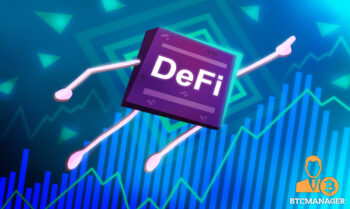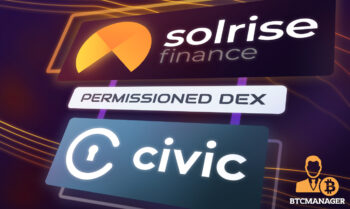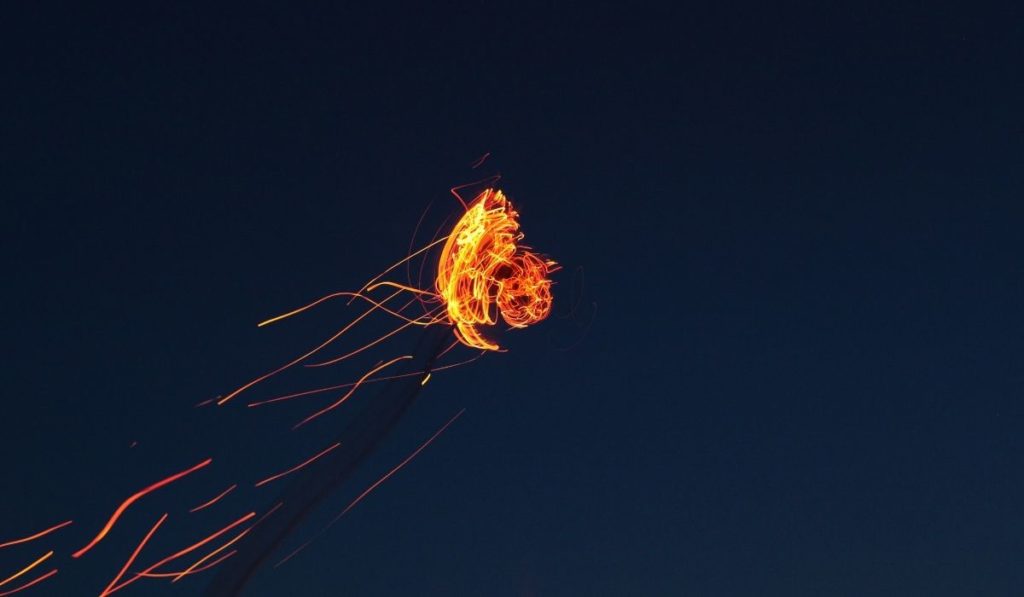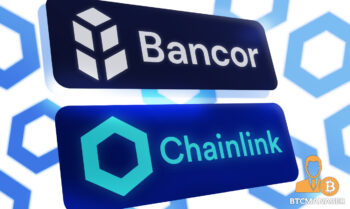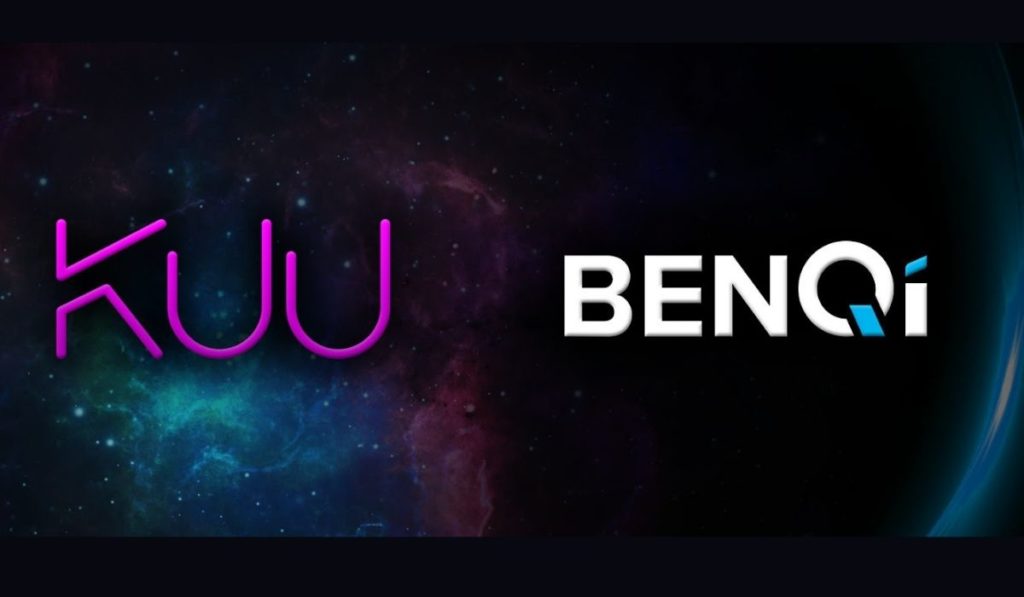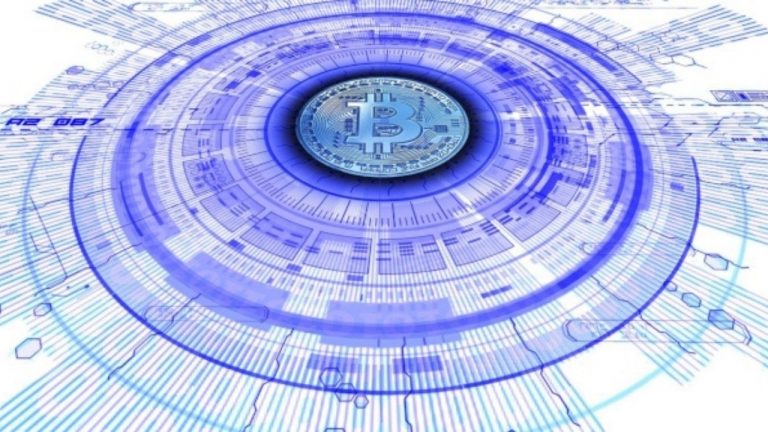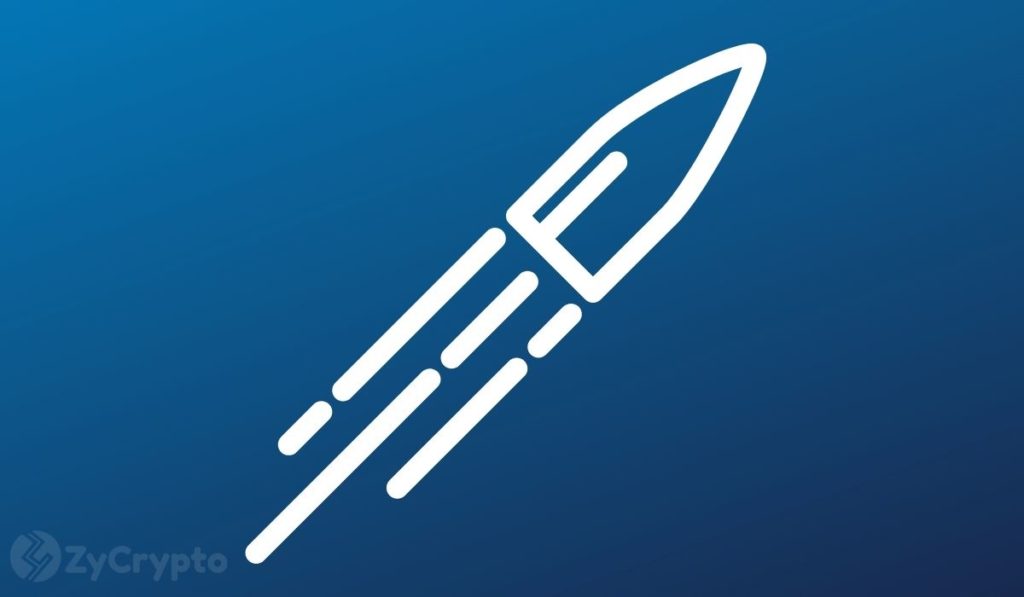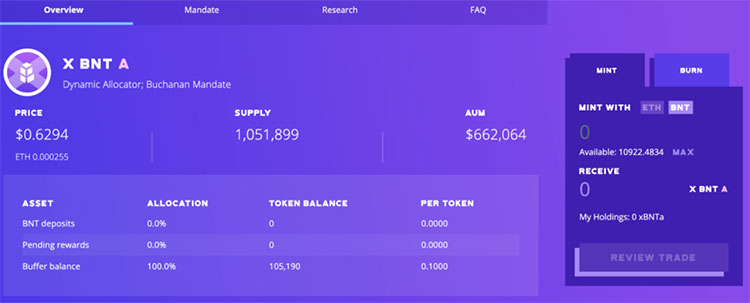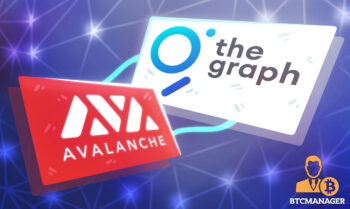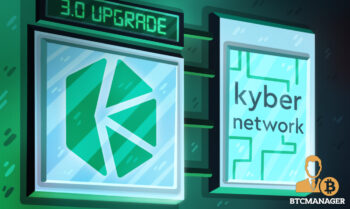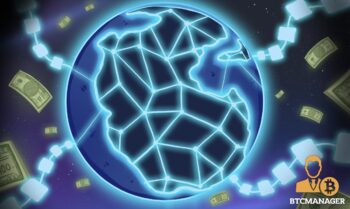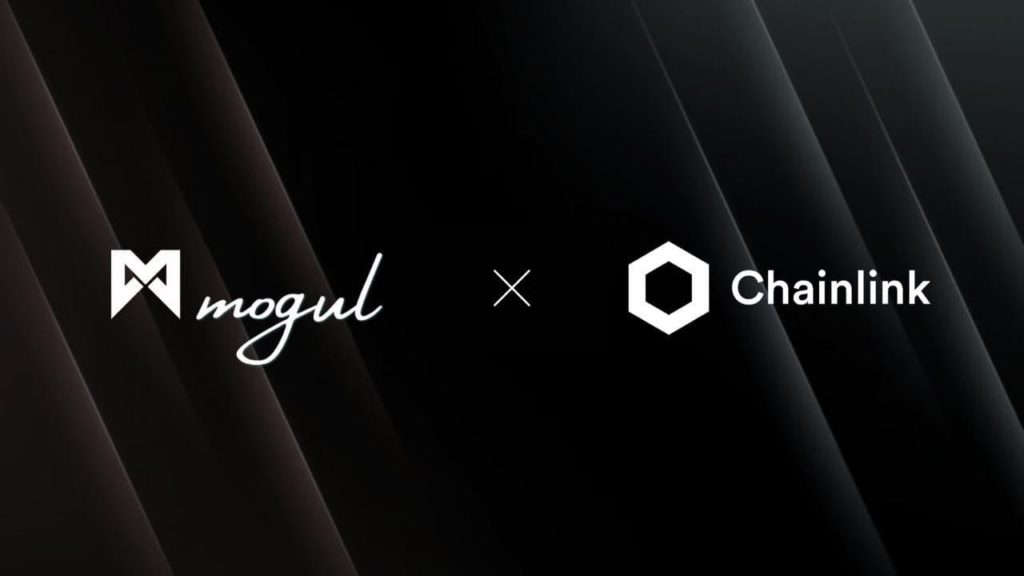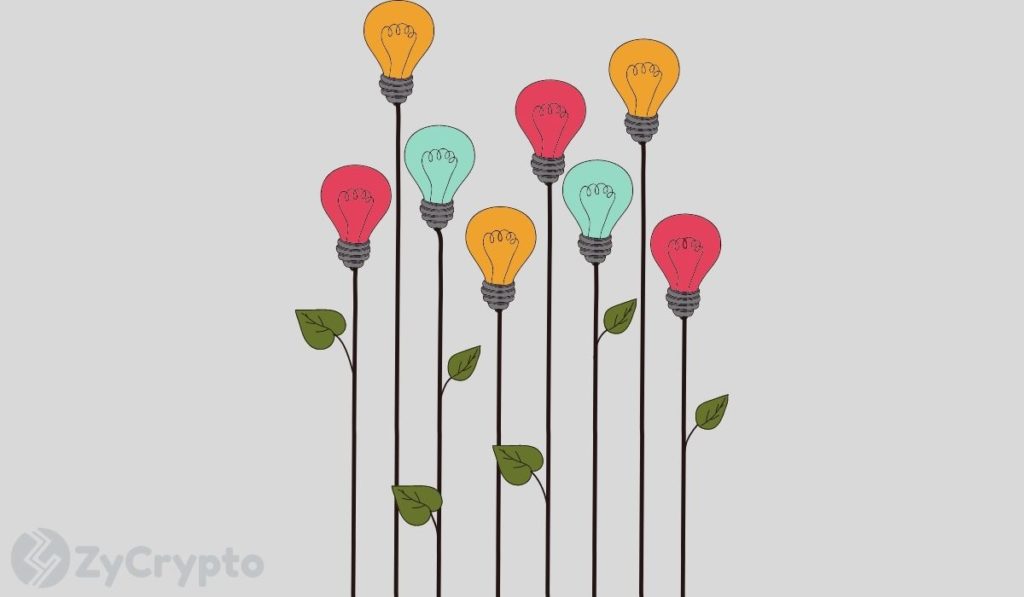2021-11-22 19:53 |
Decentralized networks hold untold promise for tapping developer and entrepreneurial talent wherever it exists in the world, particularly in areas where it is difficult to raise funding. By breaking down barriers for bootstrapping new ventures and giving projects access to essential resources, the tokenization of dapps and services on-chain can incentivize new decentralized governance models that redistribute power, control, and rewards to the collective.
Building on the idea of decentralized autonomous organizations (DAOs) and decentralized crowdfunding, a new wave of open, consumer-facing dapps that are controlled by their own native governance systems and token-holding communities can democratize access to the tech economy via blockchain technology.
The limitations of DAOsDAOs largely rely on a simple structure where every member can propose an idea and vote upon it democratically. People use them for charity, investment, governance, and fundraising. MakerDAO, for example, is governed by MKR stakeholders. Apart from its on-chain governance, there is also an off-chain discussion for general feedback. It is used before on-chain voting to evaluate the overall sentiment about issues affecting the MakerDAO ecosystem and determine a consensus regarding their resolution.
A DAO is open source and transparent, with no board of directors or managers. The community, or each member of the DAO, reviews, records, and maintains all the tasks, proposals, and updates using a blockchain. But while DAOs may be architecturally decentralized (independent parties run different nodes) and geographically distributed, they might also be logically centralized (by the protocol rules).
What’s more, DAOs and conventional token-based governance systems typically control services on blockchains that are basically ledgers. They cannot extend to dapps that are built to run entirely on-chain and serve web content to users.
Tokenized governance for consumer-facing dappsAdvances in decentralized governance can give any developer in the world a means of bootstrapping and launching an open, web-based dapp that puts the control in the hands of community stakeholders. At the same time, anyone who is excited about supporting a given project is free to participate; doing so is permissionless.
This principle is central to the Internet Computer, launched by the DFINITY Foundation — a public blockchain that promises a safe and unlimited environment for smart contracts to run on-chain dapps over the web. The Internet Computer enables developers to build virtually anything online while reducing computing and transaction costs. A key feature is the open governance system that controls the Internet Computer — the Network Nervous System (NNS). By staking the blockchain’s native utility token, ICP, into “neurons,” anyone can participate in governance by voting and proposing changes.
The NNS’s accessible model of tokenized governance will soon extend to dapps on the Internet Computer: the ICP community is actively discussing the development of a dapp-based open governance system — the Service Nervous System (SNS). It will allow developers to easily tokenize their dapps and give the community control over how it operates. Proceeds would be held directly by the SNS, with no centralized recipient capable of stealing them.
The messaging dapp OpenChat, the social aggregator DSCVR, and the professional social network Distrikt are examples of projects that will adopt community control. Anyone could choose to decentralize the governance of their dapp by tokenizing it, giving developers who build entirely on-chain a means of building engaged user communities while providing liquidity and resources to the dapp.
Key advantagesOpen tokenized governance presents many opportunities to developers, users, and investors. Establishing an open tokenized dapp can assist developers and entrepreneurs with user communication, regular feature updates, and necessary funding. For early adopters, it can be considered a long-term investment and source of regular rewards, and for the community in general, it creates a level playing field where anyone can freely participate in the decision-making process.
Decentralized governance is the future of blockchain-based organizations. It can make them more secure and give their members a voice. Open tokenized dapps will evolve under the direction of their community, with decisions open for review by anyone, incentivizing the stakeholders involved to help them succeed.
Image: Pixabay origin »
Bitcoin price in Telegram @btc_price_every_hour
Decentralized Machine Learning (DML) на Currencies.ru
|
|
